
Professor Alexander Hammers
Head of the PET Centre and Professor of Imaging and Neuroscience
Research interests
- Imaging sciences
Biography
Alexander Hammers, a Neurologist with a particular interest in epilepsy, is Professor (Honorary Consultant) of Imaging and Neuroscience and Head of the King’s College London & Guy’s and St Thomas’ PET Centre at St Thomas’ Hospital. Other roles include Deputy Director of the Centre for Medical Engineering. He obtained an MD from the RWTH Aachen, Germany, in MR imaging of the hippocampus and a PhD from the University of London in PET investigations in focal epilepsy.
His research area is medical imaging, in particular functional neuroimaging with quantified Positron Emission Tomography (PET) to understand mechanisms of neurological disease. Another area is structural neuroimaging using Magnetic Resonance Imaging (MRI) and anatomical segmentation using a large manually annotated brain atlas database which his group has created over the past two decades. The main areas of application of his research are the epilepsies and neurodegenerative diseases, as well as methodological developments. The ultimate goal is to benefit individual patients through the clinical application of neuroscience. Examples include classification with machine-learning (artificial intelligence) techniques, and the combination of MRI and PET.
He is affiliated with several professional organisations, has won several distinctions, is a sought-after teacher, and reviews frequently for numerous journals and grant-giving bodies. He is an author on about 300 articles, conference proceedings, and book chapters (Google Scholar).
Research

King's Epilepsy Research Collective (KERC)
The King’s Epilepsy Research Collective (KERC) provides a platform for researchers from all of King’s faculties to meet and discuss research and to support collaborative activities.
News
King's first to benefit from two whole-body PET-CT imaging systems
King’s College London is the first in the UK to benefit from two Biograph Vision Quadra systems from Siemens Healthineers, marking a new era of PET-CT. This...
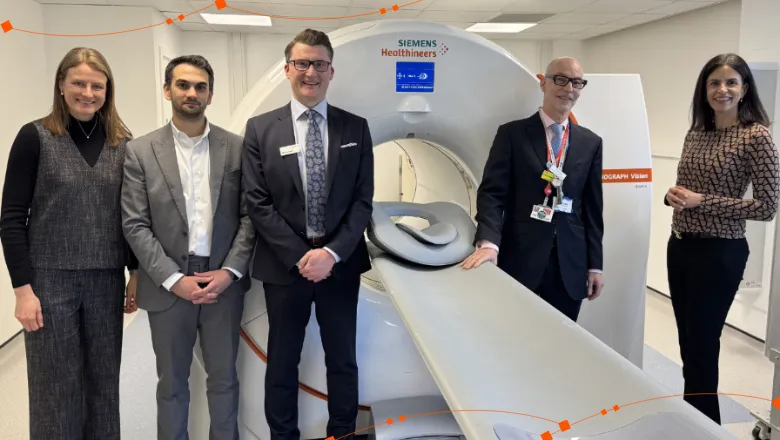
School public engagement efforts recognised at King's Engaged Research Awards 2025
Members of the School of Biomedical Engineering & Imaging Sciences were celebrated for their work at the King's Engaged Research Awards ceremony, securing two...

Secretaries of State for Health and Science unveil new cutting-edge scanner at King's
The Secretary of State for Health and Social Care Wes Streeting MP and the Secretary of State for Science, Innovation and Technology Peter Kyle MP met with...

Funding awarded for first cardiac study on Total Body PET scanner
A £209k project grant from the Rosetrees Trust has been awarded to King’s College London’s Dr Sohaib Nazir for the first cardiac study on the Total Body PET...

UK launches first national Total-Body PET platform for drug discovery
The National PET Imaging Platform (NPIP) will bring together data from two state-of-the-art total-body PET imaging scanners located at St Thomas’ Hospital,...
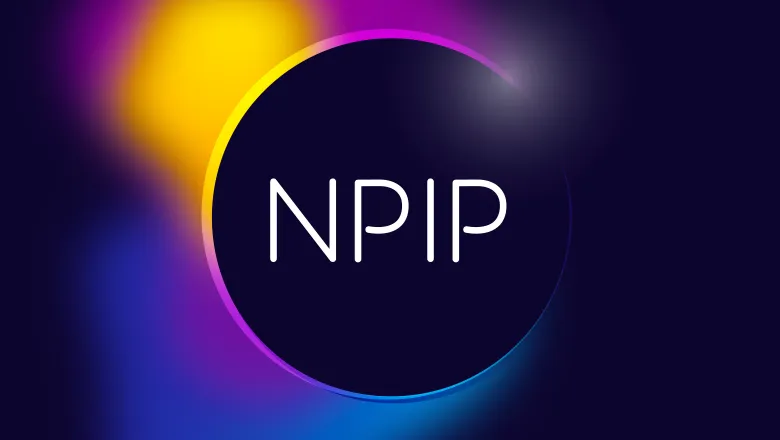
Double vaccination halves risk of Long COVID
Adults who have received a double vaccination are 49% less likely to have Long COVID should they contract a COVID-19 infection.
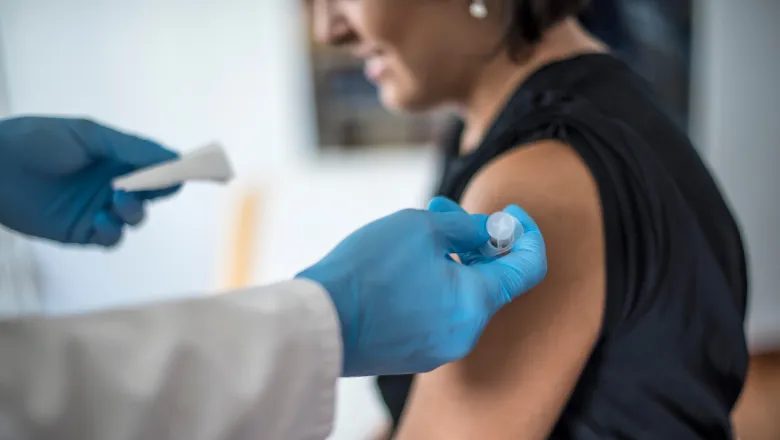
New Scientist Live 2021: The Future of Healthcare
The School of Biomedical Engineering & Imaging took part in New Scientist Live 2021: The Future of Healthcare
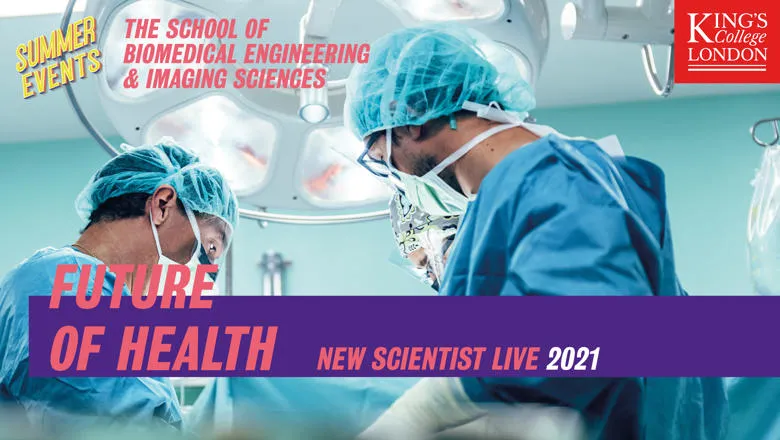
PET Centre granted license to produce and inject radiotracer for management of cancer
The PET Centre has been granted an MHRA license

The Future of Health, New Scientist Live 2021
The School of Biomedical Engineering & Imaging Sciences is back at the UK's largest sciences festival, New Scientist Live

New database of healthy adult human brain PET, MRI and CT images is now available for research
A new multi-modal database of healthy adult human brain scans has recently been made available for research.
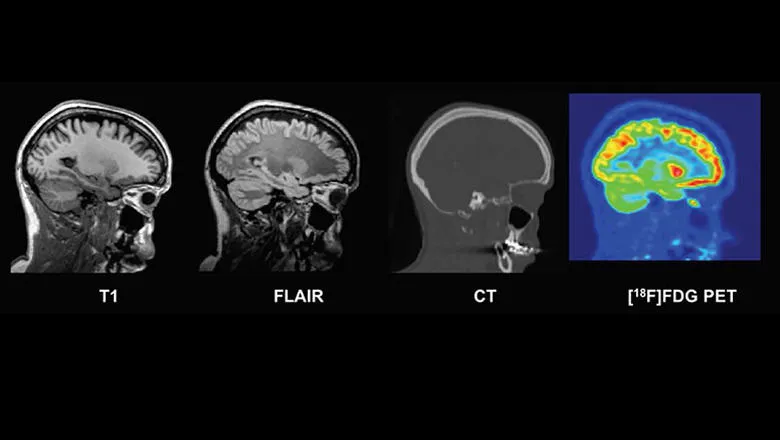
Research

King's Epilepsy Research Collective (KERC)
The King’s Epilepsy Research Collective (KERC) provides a platform for researchers from all of King’s faculties to meet and discuss research and to support collaborative activities.
News
King's first to benefit from two whole-body PET-CT imaging systems
King’s College London is the first in the UK to benefit from two Biograph Vision Quadra systems from Siemens Healthineers, marking a new era of PET-CT. This...

School public engagement efforts recognised at King's Engaged Research Awards 2025
Members of the School of Biomedical Engineering & Imaging Sciences were celebrated for their work at the King's Engaged Research Awards ceremony, securing two...

Secretaries of State for Health and Science unveil new cutting-edge scanner at King's
The Secretary of State for Health and Social Care Wes Streeting MP and the Secretary of State for Science, Innovation and Technology Peter Kyle MP met with...

Funding awarded for first cardiac study on Total Body PET scanner
A £209k project grant from the Rosetrees Trust has been awarded to King’s College London’s Dr Sohaib Nazir for the first cardiac study on the Total Body PET...

UK launches first national Total-Body PET platform for drug discovery
The National PET Imaging Platform (NPIP) will bring together data from two state-of-the-art total-body PET imaging scanners located at St Thomas’ Hospital,...

Double vaccination halves risk of Long COVID
Adults who have received a double vaccination are 49% less likely to have Long COVID should they contract a COVID-19 infection.

New Scientist Live 2021: The Future of Healthcare
The School of Biomedical Engineering & Imaging took part in New Scientist Live 2021: The Future of Healthcare

PET Centre granted license to produce and inject radiotracer for management of cancer
The PET Centre has been granted an MHRA license

The Future of Health, New Scientist Live 2021
The School of Biomedical Engineering & Imaging Sciences is back at the UK's largest sciences festival, New Scientist Live

New database of healthy adult human brain PET, MRI and CT images is now available for research
A new multi-modal database of healthy adult human brain scans has recently been made available for research.

